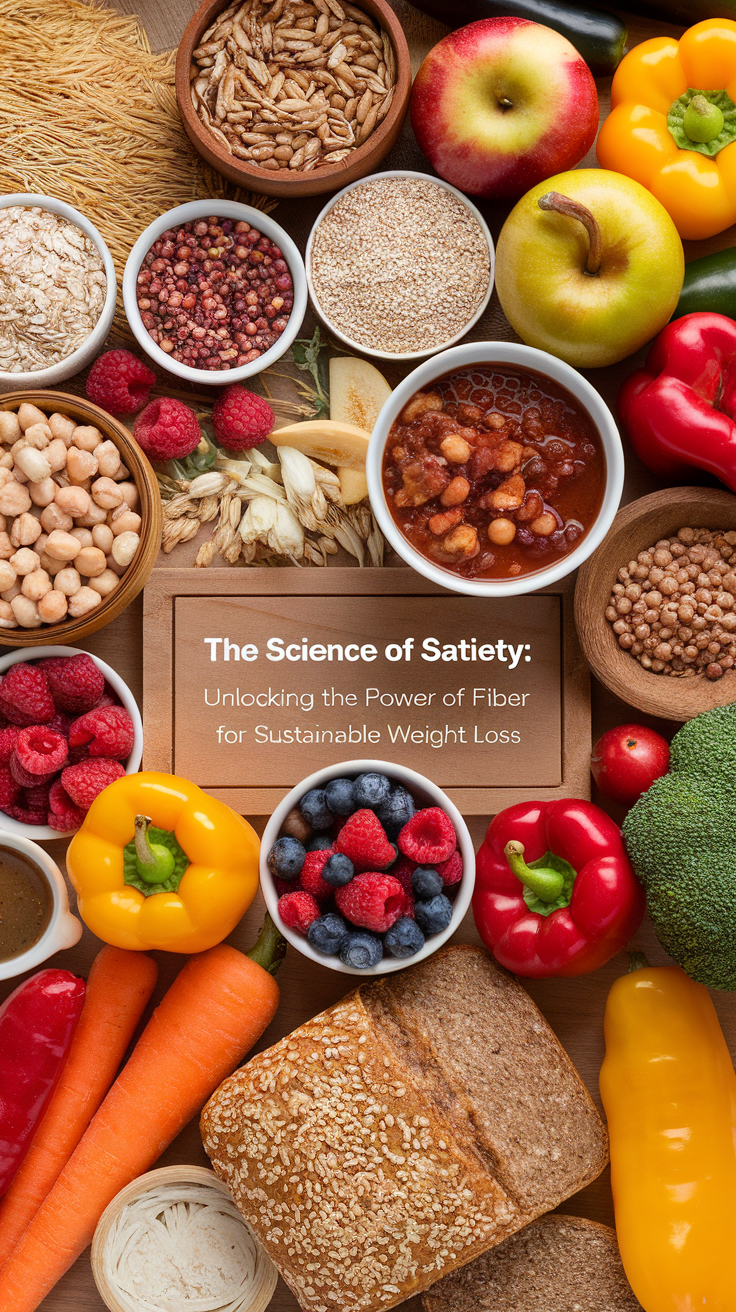The Power of Intermittent Fasting for Sustainable Weight Loss
Last Updated: July 19, 2025 at 6:00:43 AM UTC
Intermittent fasting is a game-changer for weight loss, but its effectiveness relies on a deeper understanding of its benefits, challenges, and best practices.

In the quest for sustainable weight loss, few strategies have garnered as much attention as intermittent fasting (IF). This eating pattern, which involves alternating periods of eating and fasting, has been touted as a miracle solution for shedding pounds and improving overall health. But what does the science really say, and how can you make IF work for you?
What Is Intermittent Fasting?
Intermittent fasting is not a diet, per se, but rather a pattern of eating that involves restricting your caloric intake for certain periods of time. There are several popular methods, including:
- 16:8: Fasting for 16 hours, eating within an 8-hour window
- 5:2: Eating normally for 5 days, restricting calories to 500-600 on the other 2 days
- Alternate Day Fasting: Alternating between days of normal eating and days of calorie restriction
The Science Behind IF
Research suggests that IF can have numerous benefits for weight loss, including:
- Increased autophagy: Your body's natural process of cellular recycling, which helps remove damaged cells and proteins
- Enhanced fat burning: IF can stimulate your body to burn stored fat for energy, leading to weight loss
- Improved insulin sensitivity: IF has been shown to improve insulin sensitivity, reducing the risk of type 2 diabetes
- Reduced inflammation: IF has anti-inflammatory effects, which can help mitigate chronic diseases
The Challenges of IF
While IF can be an effective tool for weight loss, it's not without its challenges:
- Hunger and cravings: Fasting can be difficult, especially for those who are used to eating regularly
- Social and emotional struggles: IF can be challenging when eating with others or dealing with emotional triggers
- Nutrient deficiencies: IF can lead to inadequate nutrient intake if not planned carefully
Best Practices for IF
To make IF work for you, consider the following best practices:
- Listen to your body: Pay attention to your hunger and fullness cues, and adjust your fasting schedule accordingly
- Stay hydrated: Drink plenty of water during your fasting periods to help reduce hunger and improve digestion
- Plan your meals: Make sure you're getting the nutrients you need during your eating windows
- Be consistent: Start with a schedule that works for you and stick to it, even on weekends and holidays
Conclusion/Key Takeaways
Intermittent fasting is a powerful tool for sustainable weight loss, but it's not a one-size-fits-all solution. By understanding the science behind IF, navigating its challenges, and following best practices, you can harness its benefits and achieve your weight loss goals. Remember to prioritize your overall health, listen to your body, and be patient with yourself as you explore the world of IF.











